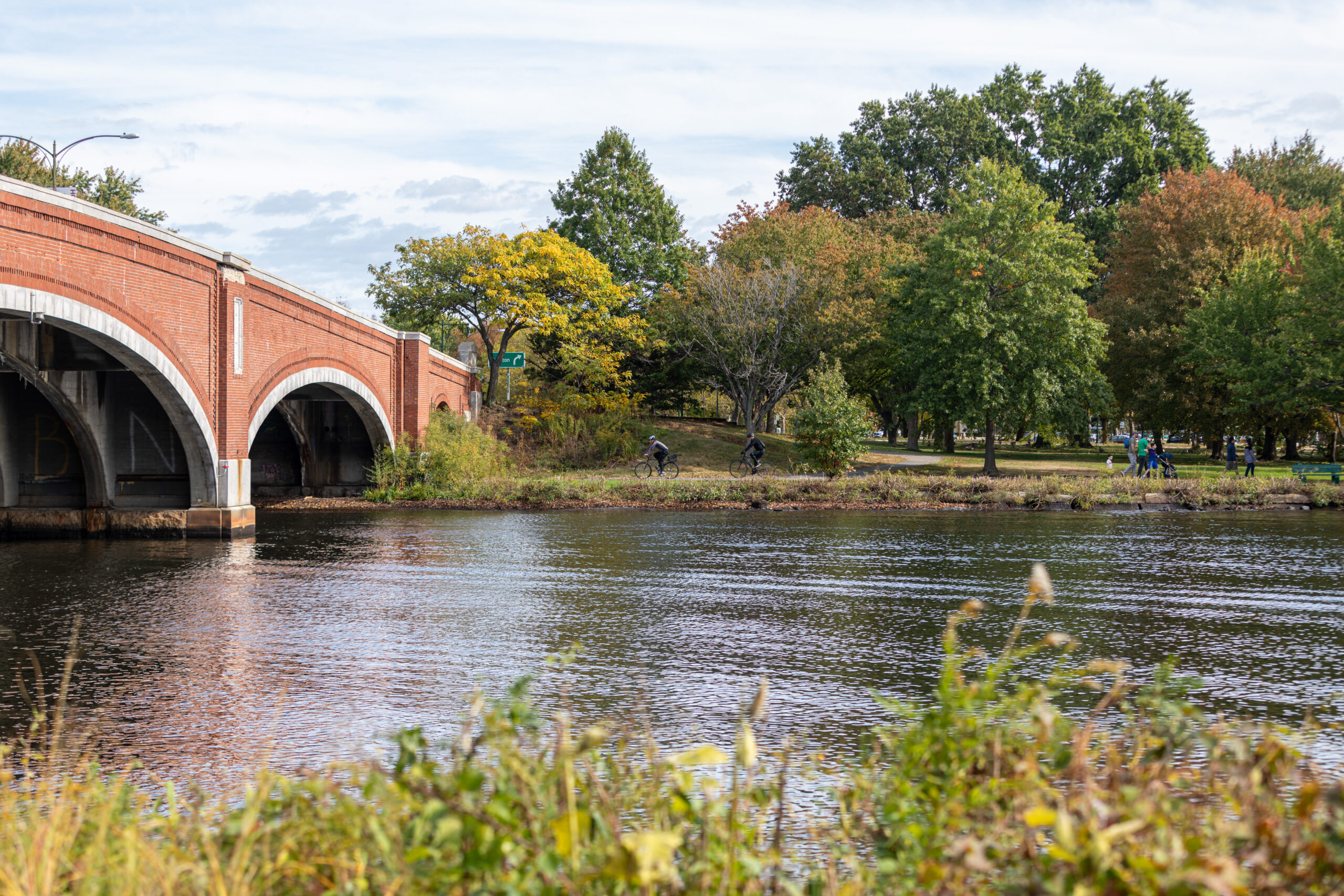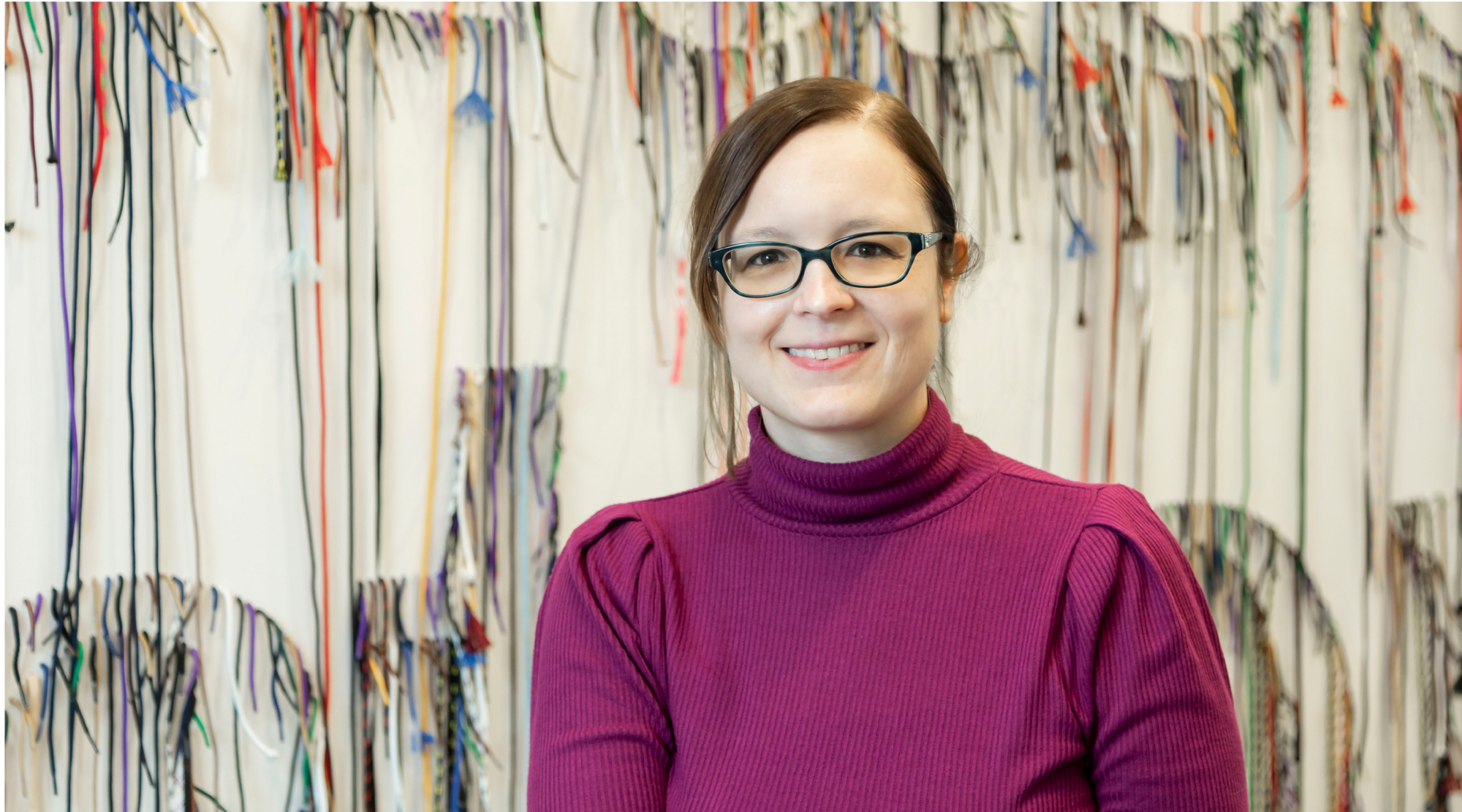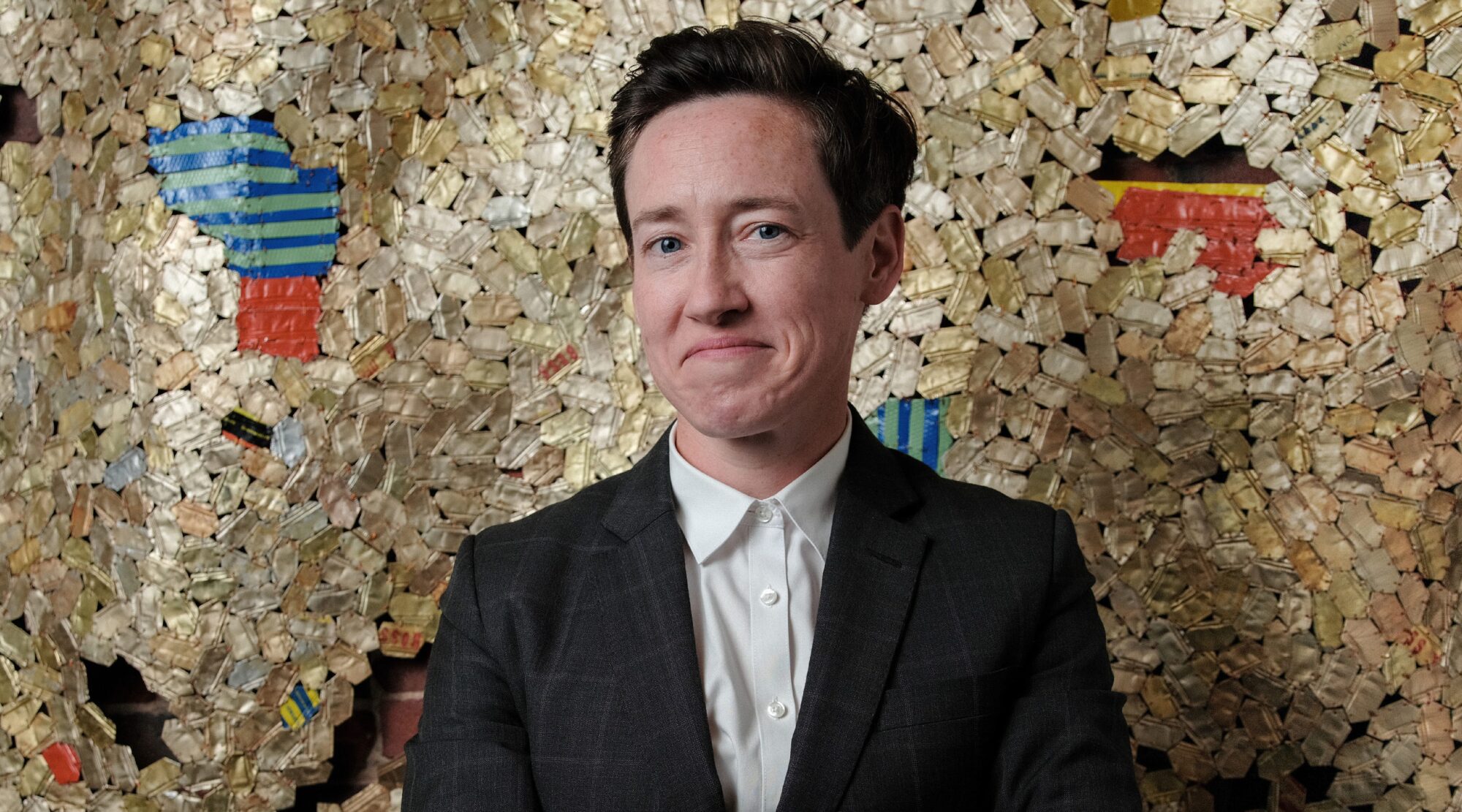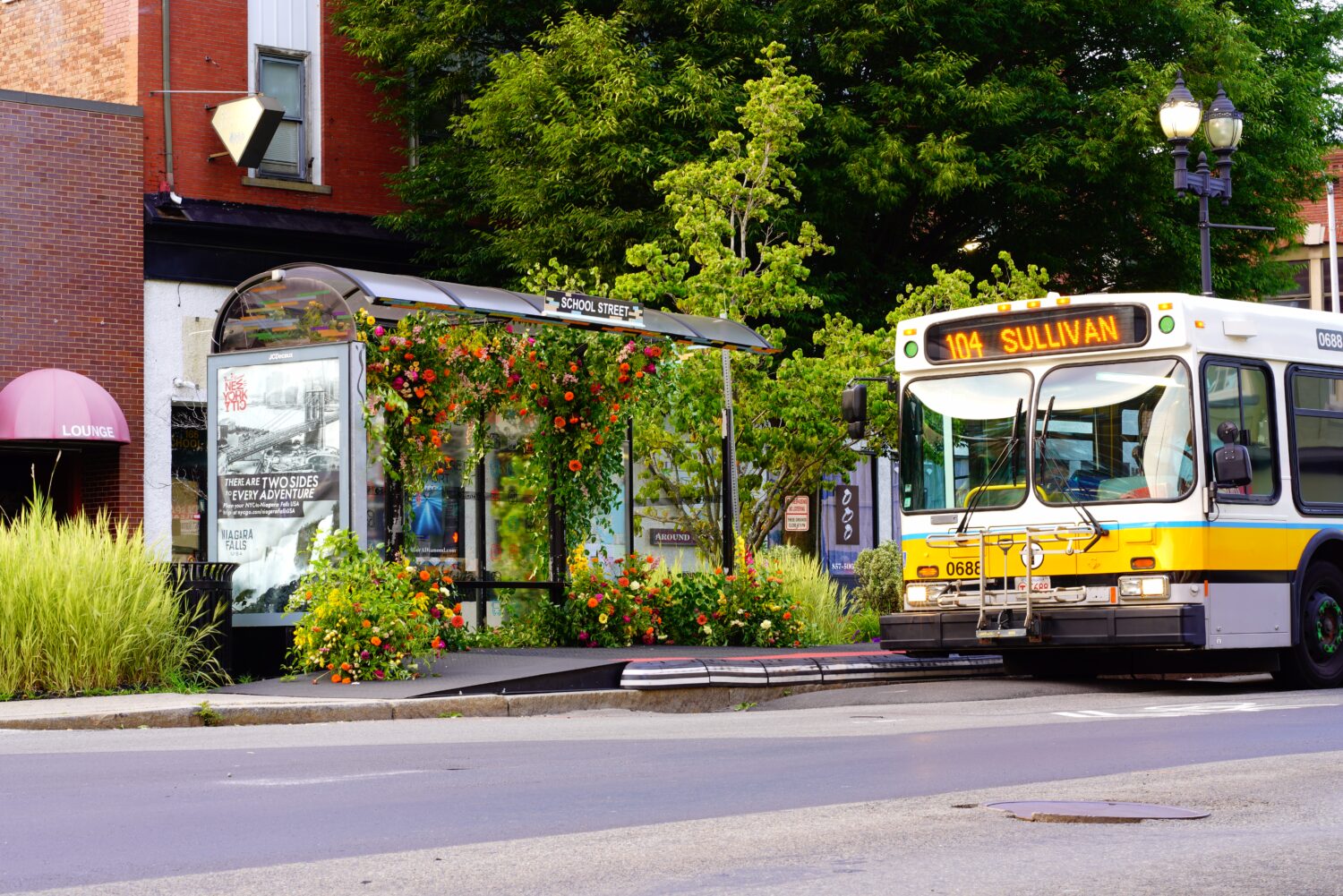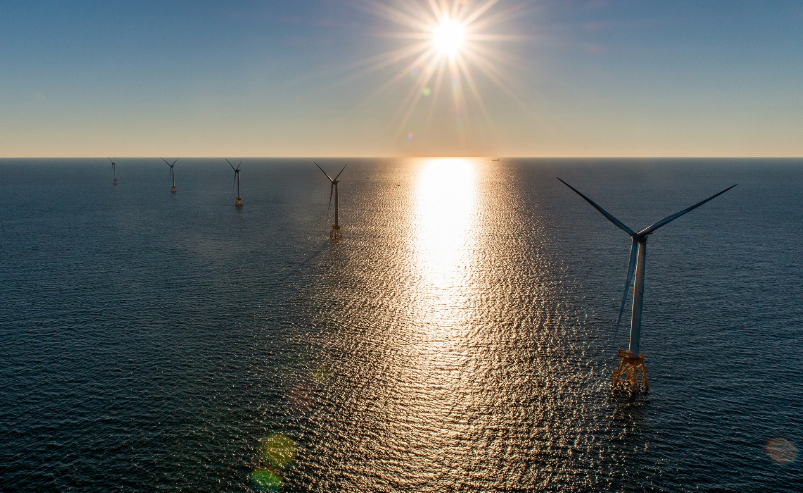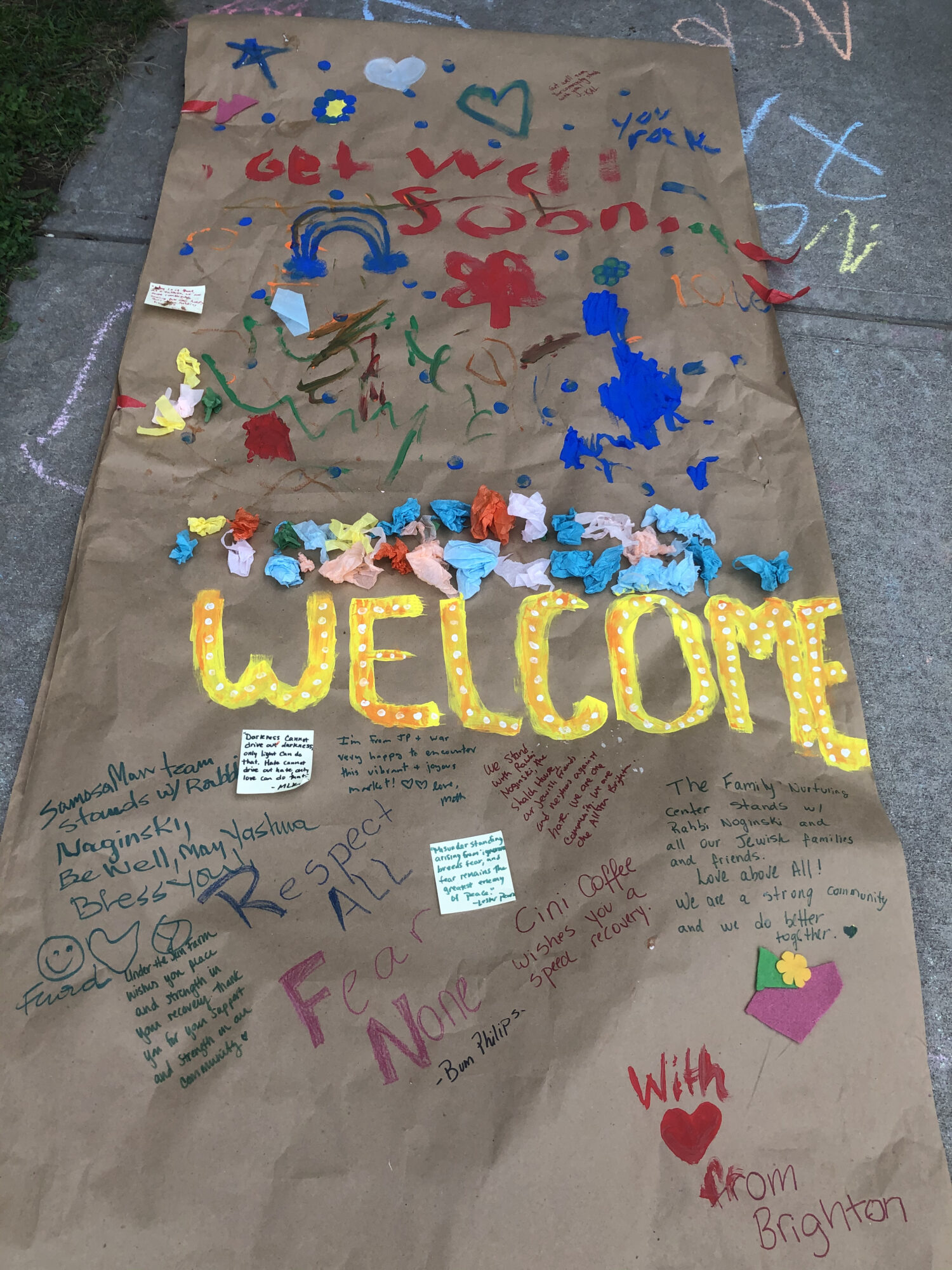At the heart of Barr’s Climate program is the belief that achieving our ambitious climate goals requires building an inclusive, multi-racial, and equity-centered movement. How do we make this a reality? One key approach is to expand career pathways in the climate field. People of color face systemic barriers to entering and advancing in the field, and remain under-represented. According to the 2023 Green 2.0 Report, people of color account for only 38% of full-time staff and 31.5% of individuals responsible for leading* non-profit climate and environmental organizations.
In recent years, we’ve invested in new approaches to building a more diverse cadre of leaders within the climate movement. One of our strategies is supporting fellowships and leadership development programs that create pathways for people of color to enter and advance in the field. We’ve identified a gap in substantive, longer-term programs focused on early career development and leadership growth for young professionals. Since 2021, Barr’s Climate Program has funded three early career fellowship programs in the Northeast: the RAY fellowship, the Racial Equity in Policy and Planning Fellowship (REPP), and the Young Climate Leaders of Color/Young Black Climate Leaders programs. These programs recruit individuals committed to the values of equity and inclusion, offering access to mentorship, in-person and virtual retreats, peer gatherings, professional development, networking opportunities and skill building sessions. To date, 16 fellows have been supported with Barr funding.
Three years in, we sought to better understand the experiences of both the fellows and the staff running the fellowship programs. To achieve this, we partnered with the consulting firm Public Profit on a learning and evaluation project. Our goal was to listen to the fellows and the staff, and identify opportunities for greater impact. We gathered data through surveys and focus groups with the fellows, as well as focus groups with program staff. Participation was entirely voluntary—our aim was to gather as much feedback as possible without imposing an additional burden on participants. We were encouraged to see that 80% chose to opt in, including to the more time-intensive focus groups.
What We Heard
The evaluation highlighted three key findings:
1. The barriers to entering the climate and environment field are substantial.
When asked about the barriers they faced before their fellowships, fellows reported a steep climb into the field, confirming our assumptions and providing greater clarity on where to focus our efforts. Fellows identified several top barriers:
The most common challenge was a lack of personal connections within the climate and environmental field, with 67% of fellows citing this issue. Additionally, 60% reported lacking contacts who could guide them on how to enter and succeed in the field.
A second major barrier was financial: Sixty percent of fellows noted that wages in climate and environmental roles were lower than comparable positions in other industries. Furthermore, many jobs/internships were unpaid or paid inadequately, considering the skills and experience required. High living costs in locations where jobs/internships are available also made these opportunities financially inaccessible (60%). Difficulty finding and applying for jobs/internships was another common challenge (60%).
A third area of concern was workplace culture. Fellows described feeling discouraged by environments where they didn’t see others with similar personal backgrounds or experiences (53%), where organizational values didn’t align with their own (60%), or where they felt isolated or unwelcome (40%).
2. These programs made a meaningful difference in alleviating some of those barriers.
Most fellows reported that the relationship-building and networking opportunities provided by their fellowship programs exceeded their expectations. We were pleased to learn about the overall positive impacts and appreciated the fellows’ thoughtful reflections on areas for improvement. Fellows shared that the chance to form deeper relationships and expand their peer and alumni networks was particularly valuable. Many also noted that the programs helped to alleviate some of the financial barriers and improved feelings of morale and belonging in the workplace.

3. There’s a need for even more connections.
Building connections and networks within the climate and environmental field was top priority for fellows. They expressed a desire for more opportunities to connect with others in their programs and to form relationships with local leaders in the field. Fellows indicated they would be more likely to recommend their programs to peers if there were additional chances for networking and learning from experienced professionals. Both fellows and program staff suggested that Barr could play an important role as a convener, by hosting networking events and facilitating connections.
Next Steps for Barr: Meaning Making from Feedback
The feedback we received from the surveys and focus groups illustrates the positive impact these fellowships have had in supporting early-career leaders in the climate and environmental field. It also underscores the value of inclusive listening—engaging those closest to the work, such as the fellows – as a powerful way for funders to inform and shape future actions. Beyond funding programs like these, we heard that Barr can play an important role as a convener, helping to connect individuals in the field who are working to advance climate solutions. In response, we’re planning targeted steps to expand the Climate Program’s role in organizing convenings and networking, particularly for young and emerging leaders of color.
While the magnitude of the barriers to entering the field is discouraging, these findings bring enormous value by lifting up the top barriers and showing us and others in the field what should be prioritized. They also reinforce the importance of the organizing, policy advocacy, and movement building work supported by our Clean Energy, Mobility, and Climate Resilience strategies which aim to drive long-term, systemic progress and reduce barriers.
At Barr, we remain committed to racial equity, recognizing that we all play a part in building a diverse, inclusive, and just climate movement. First and foremost, we thank the fellows who participated in this evaluation—your honest feedback has been invaluable, and we are proud of your leadership and vision. We also appreciate the program staff for enriching our learning process. To funders and climate organizations, we can all do better by listening more closely to those impacted by our work and using these insights to make more informed and equitable decisions. We hope this work inspires others to support leadership fellowships and address barriers in the field, fostering a truly inclusive and multicultural environment through thoughtful policies, practices, and workplace culture. For those already funding these efforts, we look forward to sharing insights and collaborating to deepen our collective impact.
*Green 2.0 defines leader as “a CEO, executive director, president, or another title a given organization uses to describe the individual or individuals directly responsible for leading organizational health and growth.”
